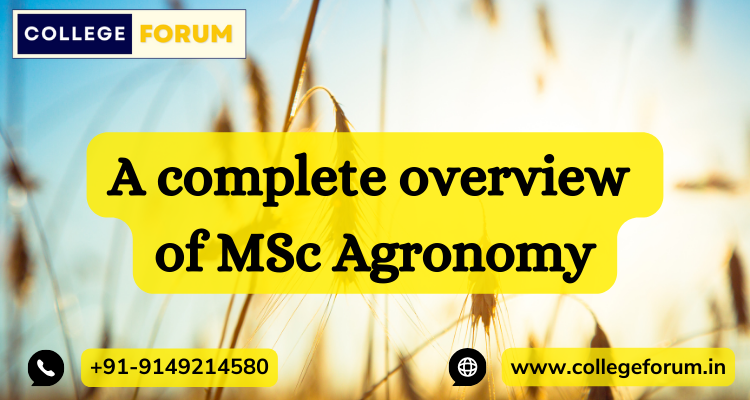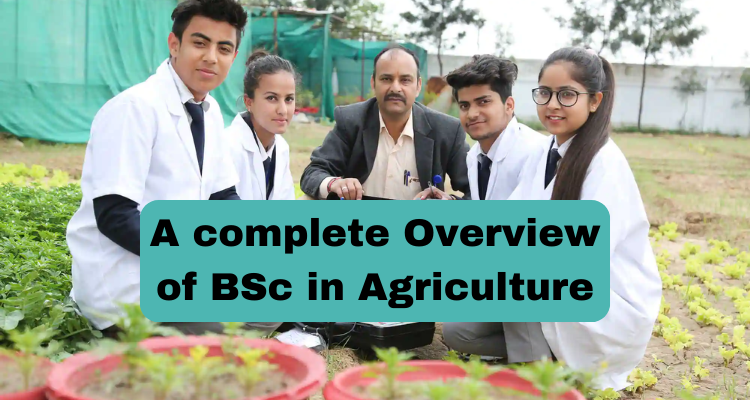The World of BCA Courses: Bridging the Gap Between Code and Creativity
In the dynamic landscape of Information Technology, where every line of code shapes the digital future, Bachelor of Computer Applications (BCA) courses stand as the gateway to a world of endless possibilities. From programming paradigms to database management, BCA courses are designed to equip students with the skills and knowledge needed to thrive in the rapidly evolving tech industry. This blog is a journey through the intricacies of BCA courses, exploring the diverse facets that make them an essential stepping stone for aspiring IT professionals. Understanding BCA: Beyond the Binary The Foundations of Code: BCA courses lay the groundwork for understanding the fundamentals of programming. From mastering languages like Java, C++, and Python to unravelling the mysteries of algorithms, students delve into the world of code architecture and logic. Database Dynamics: Database management is a crucial skill in the information age. BCA courses navigate through the complexities of database systems, ensuring students can design, implement, and manage databases effectively. Web Development Wizardry: With the internet as the backbone of the modern world, BCA courses delve into the realm of web development. From HTML and CSS to JavaScript and beyond, students learn to craft engaging and responsive websites. Networking Know-How: In an interconnected world, networking forms the backbone of IT infrastructure. BCA courses provide insights into computer networks, protocols, and security measures, preparing students to navigate the intricacies of the digital ecosystem. BCA Courses: Beyond Binary, Embracing Creativity User Interface (UI) and User Experience (UX) Design: BCA courses are not just about coding; they emphasize the importance of creating user-friendly interfaces. Students learn the art of UI/UX design, ensuring their applications are as aesthetically pleasing as they are functional. Innovation in Information Technology: Creativity is at the heart of IT innovation. BCA courses encourage students to think beyond conventional solutions, fostering a mindset that embraces innovation and problem-solving in the ever-evolving tech landscape. Project Management Proficiency: Beyond the lines of code, BCA courses instil project management skills. Students learn to plan, execute, and deliver IT projects efficiently, preparing them for leadership roles in the industry. The Intersection of Theory and Practice: Internships and Industry Exposure: BCA courses often integrate internships and industry exposure, bridging the gap between theoretical knowledge and real-world applications. This hands-on experience allows students to apply their skills in professional settings. Guest Lectures and Workshops: Industry experts frequently contribute to BCA courses through guest lectures and workshops. This exposure ensures that students are not just learning from textbooks but gaining insights from professionals actively shaping the IT landscape. The Future Awaits: Career Paths After BCA Courses Software Development: BCA graduates often find themselves in roles as software developers, creating applications, and solutions that drive technological advancements. Database Administration: With expertise in database management, BCA graduates can pursue careers as database administrators, overseeing data storage and retrieval systems. Network Administration: BCA courses prepare students for roles in network administration, where they manage and optimize computer networks for efficiency and security. Web Development and Design: BCA graduates can become web developers, crafting visually appealing and functional websites for diverse clients and industries. Business Analyst: The analytical skills developed during BCA courses position graduates well for roles as business analysts, where they analyze data and systems to optimize business processes. Conclusion: Beyond the Binary, Into a World of Infinite Possibilities In conclusion, BCA courses are not just about learning to code; they are a voyage into the expansive realm of information technology. The fusion of theoretical knowledge, practical application, and creativity sets BCA graduates apart, ready to contribute to the ever-evolving digital landscape. As technology continues to shape our world, BCA courses emerge as a crucial catalyst, nurturing the next generation of IT professionals who will innovate, create, and drive the future forward.
The World of BCA Courses: Bridging the Gap Between Code and Creativity Read More »






